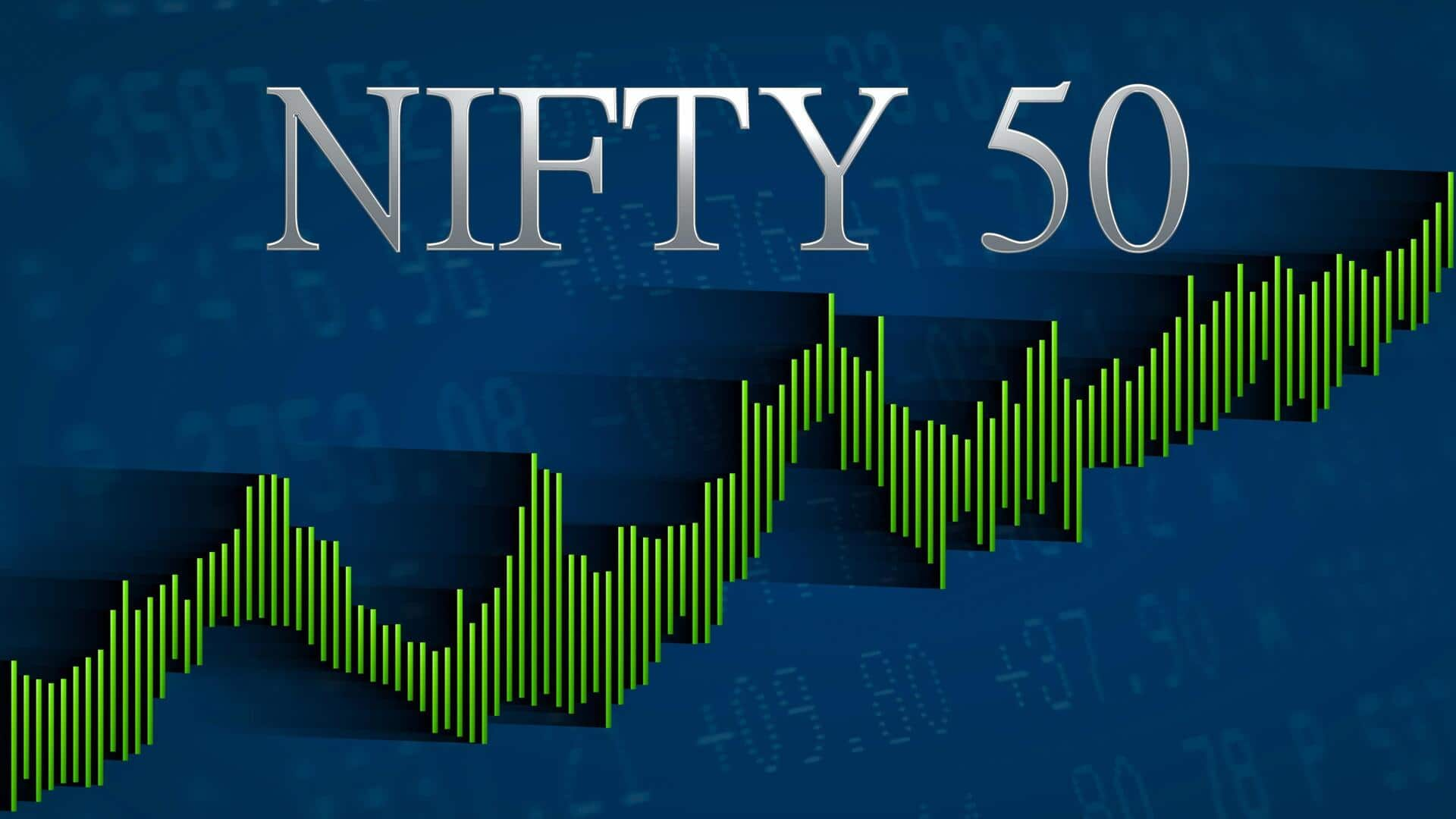
Zomato, Jio Financial Services to join Nifty50 index in March
What's the story
Food delivery gaint Zomato and financial services firm Jio Financial Services will join the Nifty50 index.
The development comes as part of the semi-annual reshuffle, which will also affect the Nifty50 Equal Weight index.
The changes, which will see Bharat Petroleum Corporation (BPCL) and Britannia Industries exit the index, will come into effect on March 28.
Financial impact
Inclusion of new firms expected to boost passive inflows
JM Financial, a domestic brokerage firm, predicts that Zomato's inclusion could generate passive inflows of $702 million.
Meanwhile, Jio Financial Services's entry is expected to attract $404 million in flows.
Conversely, the removal of BPCL and Britannia Industries may result in outflows of $240 million and $260 million respectively.
Market update
NSE announces index rebalancing details
The details of the NSE index rebalancing were revealed after market hours on Friday.
Before this announcement, it was speculated that auto firm Eicher Motors could be removed from the index instead of Britannia Industries.
However, due to underperformance over the past six months, Britannia Industries' shares are likely to be excluded.
Inclusion standards
NSE's inclusion criteria and market capitalization
To qualify for the Nifty50 index, a stock must be part of the F&O segment.
For the March rebalancing, the index provider considers an average free float market cap from August 1 to January 31.
Zomato and Jio Financial Services have been added to the Nifty50 index as their six-month average free-float market capitalization is at least 1.5 times that of the smallest companies being removed.
Market cap
Market capitalization of new and outgoing firms
Zomato's market cap is at ₹1,69,837 crore while that of Jio Financial is ₹1,04,387 crore.
Meanwhile, the outgoing firms BPCL and Britannia have market caps of ₹60,928 crore and ₹64,151 crore, respectively.
This is the first time digital-era stocks have been included in India's most tracked domestic benchmark stock exchange index.
Changes have also been made in other indices such as Nifty 100 and Nifty 200, reflecting an increasingly tech-savvy and affluent consumer base.